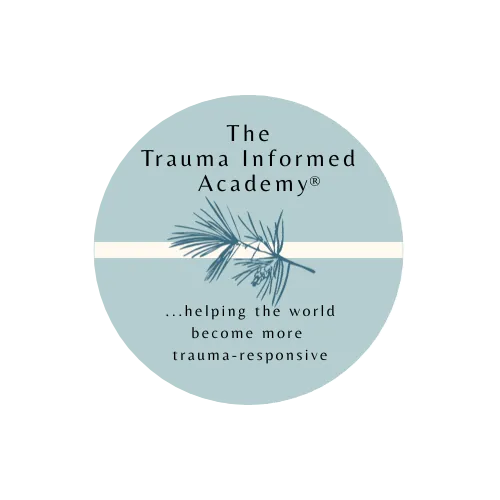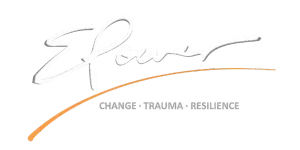

Why Can’t I do the Things I Need to Do?
Building Emotional Elasticity to Stop Life and Workplace Erosion
You can't think your way out of survival mode. And you can’t work your way out of it either.
When you're quietly cracking—that persistent workplace unhappiness affecting 54% of employees—your brain operates differently. The parts that handle emotional regulation literally go offline.
You're not weak. Your brain is doing exactly what it's designed to do when overwhelmed: survive. Shutting down. Wait! Don't you need your brain at work? At home?
Here's the problem: The skills you need most when struggling—self-awareness, self-regulation, empathy—are the exact skills that get impaired.
This is where Trauma-Responsive Emotional Intelligence (TR-EQ) comes in.
Think of developing elastic emotions like becoming an athlete of the mind. With practice, you can:
Stay calmer under pressure
Respond instead of react
Make better decisions
Build stronger relationships
Stop erosion before it cracks you open
Research shows that when primary care providers received trauma-responsive communication training, their patient-centeredness scores increased significantly. The same principles work in every workplace.
Why? Well, everyone has a “mixing board.” Like a recording engineer’s mixing board, it has “tracks” and the volume and sometimes the shape of the sound that track has can be turned up, down, changed. It just takes practice when times are easier. Practice is the key.
The truth? These skills can be built and rebuilt. With trauma-responsive coaching support, you can develop the emotional elasticity that protects you from quiet cracking—whether you're an employee feeling the erosion yourself or a leader watching your team disengage.
You don't have to figure this out alone.
Start building your elastic emotions: Free consultation | Subscribe for strategies



Email our Admin:
©Copyright 2025 EPower & Associates, Inc. All Rights Reserved.
Privacy Policy | Terms of Use
Featured On...


